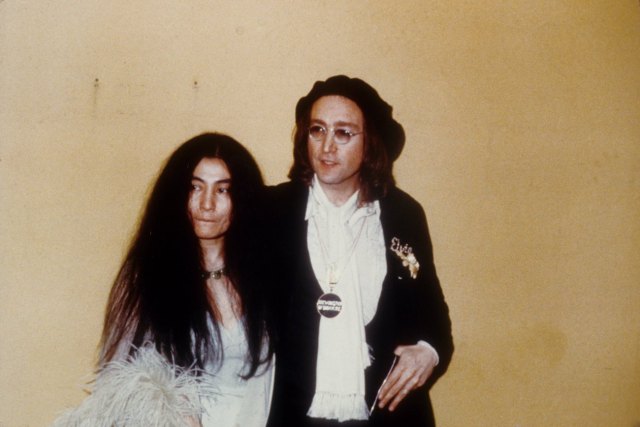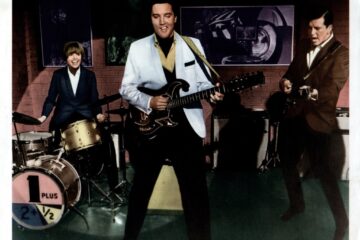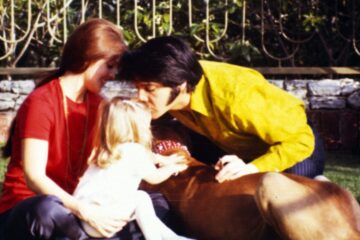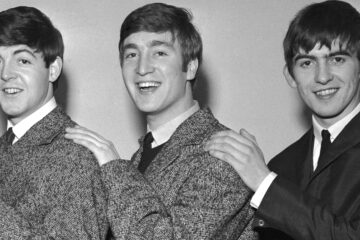Escaping the behemoth shadow of the Beatles seemed nearly impossible for its former members following their 1970 breakup, but John Lennon credits one facet of his life, in particular, for helping him break out of the music industry’s toxic cycle of endless creation, production, and promotion.
One decade after the band’s official split, John Lennon and his second wife, Yoko Ono, sat down for a 1980 interview with Playboy that was as unfiltered and uncensored as one might expect for a magazine of that ilk. Lennon didn’t mince his words, regularly pushing back against the journalist’s questions of potential Beatles reunions and retrospectives.
But amidst the at-times confrontational interview, Lennon offered a glimpse into how he managed to break free from a musical regimen he had been locked into since his early 20s.
The Couple’s Not-So-Flattering Take On The Music Industry
,
By the time John Lennon and Yoko Ono sat down with Playboy writer David Sheff, the pair had already diverged musically from Lennon’s former band. Lennon had released several albums, both as a solo artist and with Ono under the Plastic Ono Band. Eventually, Lennon stepped away from the music industry to focus on raising his and Ono’s son, Sean. He told Sheff his decision to become a “house husband” was a no-brainer.
“I had been under obligation or contract from the time I was 22 until well into my 30s,” Lennon said. “After all those years, it was all I knew. I wasn’t free. I was boxed in. My contract was the physical manifestation of being in prison. It was more important to face myself and face that reality than to continue a life of rock n’ roll.” Lennon added that he opted out of the “standard options in my business… going to Vegas and singing your great hits if you’re lucky, or going to hell, which is where Elvis went.”
Ono compared Lennon’s time in the music industry to being an artist who became famous for drawing circles. If the artist ever wanted to break away and draw another shape, Ono argued, the public wouldn’t be willing to accept it. “When you continue doing the same thing for ten years, you get a prize for having done it,” she said.
What John Lennon Said Helped Him Break The Cycle
Lennon told Sheff that he had become a talented songwriter, but he had no interest in continuing to produce songs just because he could (or, more importantly, because his label expected him to do so). “I had lost the initial freedom of the artist by becoming enslaved to the image of what the artist is supposed to do,” Lennon said. He added that this neverending expectation caused many iconic artists’ downfalls, prompting Sheff to probe Lennon about how he was able to break free from that pattern.
“Most people don’t live with Yoko Ono,” he replied matter-of-factly. “Most people don’t have a companion who will tell the truth and refuse to live with a bull**** artist, which I am pretty good at. I can bull**** myself and everybody around. Yoko: That’s my answer. She showed me the possibility of the alternative. ‘You don’t have to do this.’ I don’t? Really?”
Lennon continued, “It didn’t sink in overnight. It took constant reinforcement. Walking away is much harder than carrying on. I’ve done both. On demand and on schedule, I had turned out records from 1962 to 1975.” The ex-Beatle released his final album with Ono, ‘Double Fantasy,’ in November 1980, one month after Playboy published his feature. He was murdered outside of his apartment weeks later on December 8, 1980.



